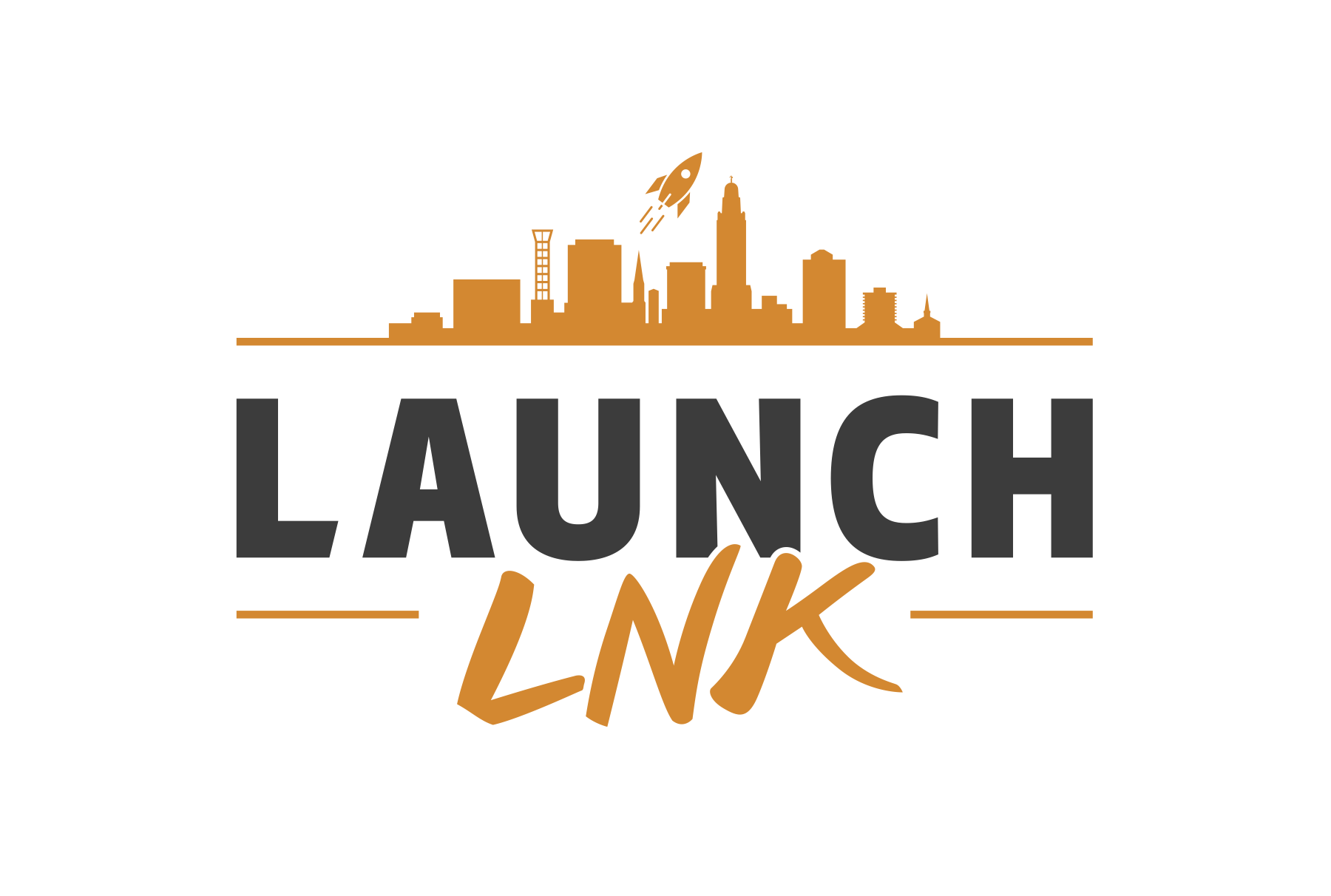Meet Craig Nashleanas, Co-founder & CEO @ Lens Distortions
How would you describe the startup culture in Nebraska?
Small, but genuine. I’ve been mostly out of the loop for a number of years now, but it seems like every few years, some young and passionate players step up and try to drive things forward a bit. A dozen years ago, it was all rah-rah hype. But that hype got me started, so I can’t knock it too much. Some people realized that the Nebraska “good life” made most of us too risk-averse, and they started focusing more on practicality and getting people off the sidelines. I think that was a prudent move.
It seems like most of our culture is focused on the pre-build “riffing on an idea” phase through maybe moonlighting on the idea. Our “startup community” has always felt a bit like college to me. It’s more theoretical talking about what’s possible. Then when you put pen to paper and start building stuff, you’ve sort of graduated from the primary gatherings that are happening.
The ongoing entrepreneur community is a little bit more about seeking out other people who are doing it or have done it and having direct relationships with them. In short, I don’t really see the people who are actually chipping away at something big congregating anywhere. I’d love to see that evolve over time though.
How do you balance taking risks and making calculated decisions in pursuit of innovation?
I went to school for video production and halfway through fell in love with business via tech startups. But it was too late to go back and take the traditional business school path. Toward the end of my broadcasting degree, I took an independent study working on a rough draft of a documentary my school was producing about Warren Buffett. I bought his biography to better understand his story.
The documentary never saw the light of day and the biography collected dust, but I picked it up a few years later and was enraptured by the practical business wisdom. This led me down a path of reading every Berkshire Hathaway shareholder letter going back to the ’60s and studying everything Buffett and his late partner Charlie Munger wrote. Those readings would be the closest I’d ever come to a business education.
Buffett likes to say, “Risk comes from not knowing what you’re doing.” Munger was fond of, “All I want to know is where I’m going to die so I never go there,” and, “It is remarkable how much long-term advantage people like us have gotten by trying to be consistently not stupid, instead of trying to be very intelligent.”
I think balancing taking risk and making calculated decisions comes down to understanding when you don’t know what you’re doing and treading carefully, but still treading. And finding great teammates who know more about different areas, understanding what’s most likely to kill your business and avoiding it. You can’t know what will make you succeed, but you can know lots of ways that will surely kill you. And in general, trying to avoid foolish catastrophic decisions rather than trying to be extremely clever.
How do you define success and what metrics do you pay the most attention to?
Of course, there are financial metrics, and I think of those as the vital signs of the business. But healthy blood pressure and a strong pulse don’t make a life inherently meaningful. They just make it not dead. The same is true of business. Money is a sign of health and helps your business keep going so you can do the most important stuff.
I am really motivated by supporting meaningful stories and meaningful brands, so we place a lot of emphasis on what projects and brands are using our music to create meaningful content. In an increasingly superficial and commoditized world, we really have an eye toward perpetuating meaning, depth and substance.
What are the top one or two challenges / opportunities Nebraska startups face?
I think succeeding with a startup is less inevitable here. The odds aren’t great anywhere, but it’s just less of a normal thing here. If you venture out and start building one, odds are most of your existing friends will think it’s cool, but not really understand how challenging what you’re doing is.
It’s a lonely road. And if it doesn’t work out, you’re just as likely to go join one of our many great employers in this state as you are to take your learnings and do another startup. So I think the startup ecosystem here still has a lot of maturing to do and needs to find some common threads among people who’ve had success.
What is one emerging industry or technology that you believe will have a significant impact on the Nebraska startup ecosystem in the next few years?
Serving the video industry over the past decade, we got a front-row seat to the rise of YouTube and Instagram. These platforms gave leverage to hobbyist creators to build entirely new career paths and become video professionals through grassroots avenues.
I think AI and other creative tools are doing that same thing at a faster rate than ever. It’s no secret that our cultural waters are more risk-averse, but there are now so many creative tools that give a 20-something-year-old leverage to build a ton on their own for next to nothing. So I think we’ll see a lot more young people figuring out how to build a $1M revenue business from their basement, and it’s going to be interesting to watch.



